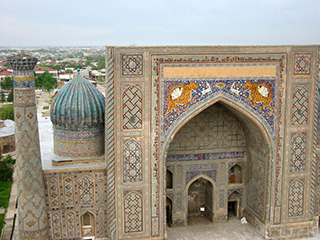
A madrassah in Uzbekistan
The Conversation has published Knight Center director Eric Freedman’s latest article on how the international press covers – and fails to cover – constraints on freedom of religion and faith.
“Religious freedom is routinely curbed in Central Asia but you won’t see it making international news” is drawn from a research project Freedman conducted with professorial assistant Eleanor Pugh of the MSU Honors College. The results of their study were presented at the August 2024 conference of the Association for Education in Journalism & Mass Communication.
The Conversation is a nonprofit independent news service that publishes articles by academic experts written for the general public and edited by a team of journalists.
This is Freedman’s sixth article for The Conversation, two of which were translated into French and Indonesian.

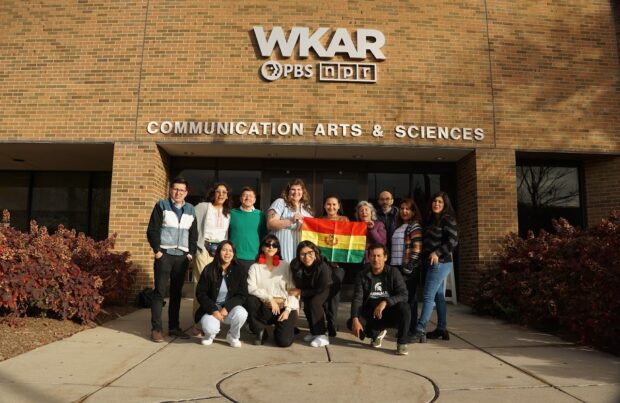
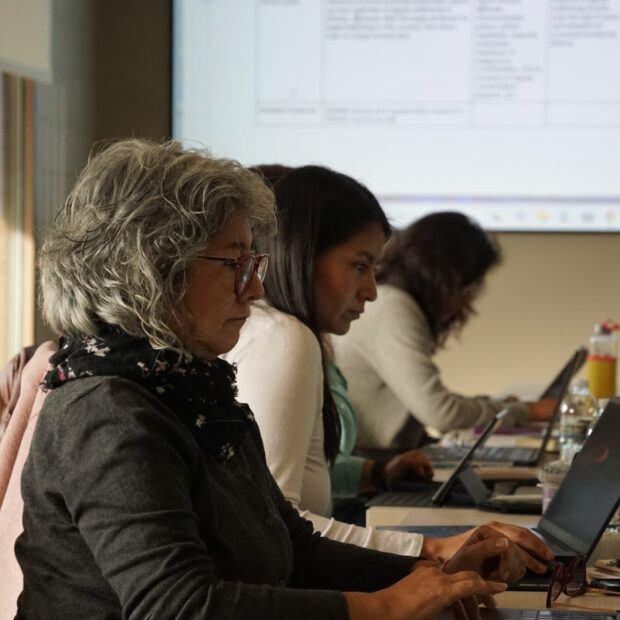
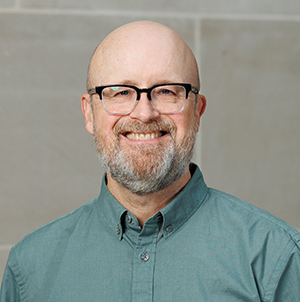
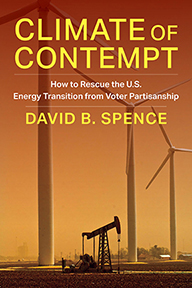 “The problem is not that elected politicians are unresponsive to voters, but that changes in electoral competition and the information environment have made politicians more responsive to the most negatively partisan voters, who in turn drive public (mis)understanding of the clean energy transition as a political challenge,” Spence says.
“The problem is not that elected politicians are unresponsive to voters, but that changes in electoral competition and the information environment have made politicians more responsive to the most negatively partisan voters, who in turn drive public (mis)understanding of the clean energy transition as a political challenge,” Spence says.